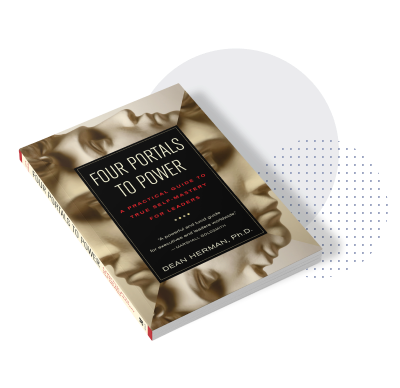Articles
Throw Everything into the Fire
July 16, 2013 (Number 47) I took on a task these past two months I'd been avoiding for years. The delay was despite many notes I'd written to myself urging me to finally move forward. Yet, I'd always found I "just" didn't have the time.By early May, I'd had enough. I summoned all my will and jumped in. And then I found out why I'd procrastinated for so long.
What I'd leapt into was an intense examination of every aspect of my business — every goal, every strategy, every methodology and every assumption. Nothing was spared the flames of this inquiry. As you might imagine, the fear and dread this triggered was a bit challenging. Everything I cherished in my work was being threatened.
Yet, I felt supported by the research demonstrating that the most successful people submit to just this sort of fierce scrutiny.
Ultimately, I discovered that many fundamental assumptions driving my business activities were deeply flawed. I found they were often less a function of rational thought than of crusty, limiting parts of my own personality. For example, I saw I'd rejected a number of lucrative partnering opportunities simply due to exaggerated fears of losing my independence.
Discovering so many mistakes — each one costly — was certainly disconcerting. But it has led to essential changes.
Might you benefit from a similar exploration? If so, consider these tips:
- Before diving in, commit to being absolutely honest and utterly sincere with yourself. That will enable you to make crucial, albeit unsettling, discoveries. For example, you may find that your current trajectory will likely leave you unfulfilled and only somewhat successful. Or you may discover that you're spending most of your working hours on activities that don't really interest you and that don't draw on your unique value.
- Be compassionate toward yourself in order to tolerate the likely findings that many of your business decisions have been the mere reflections of irrational patterns within your personality — such as feelings of inadequacy, compensatory false pride and overblown fears.
- Ensure you have a lot of support throughout the process. Almost certainly, you'll need it.
Dean Herman, Ph.D.


